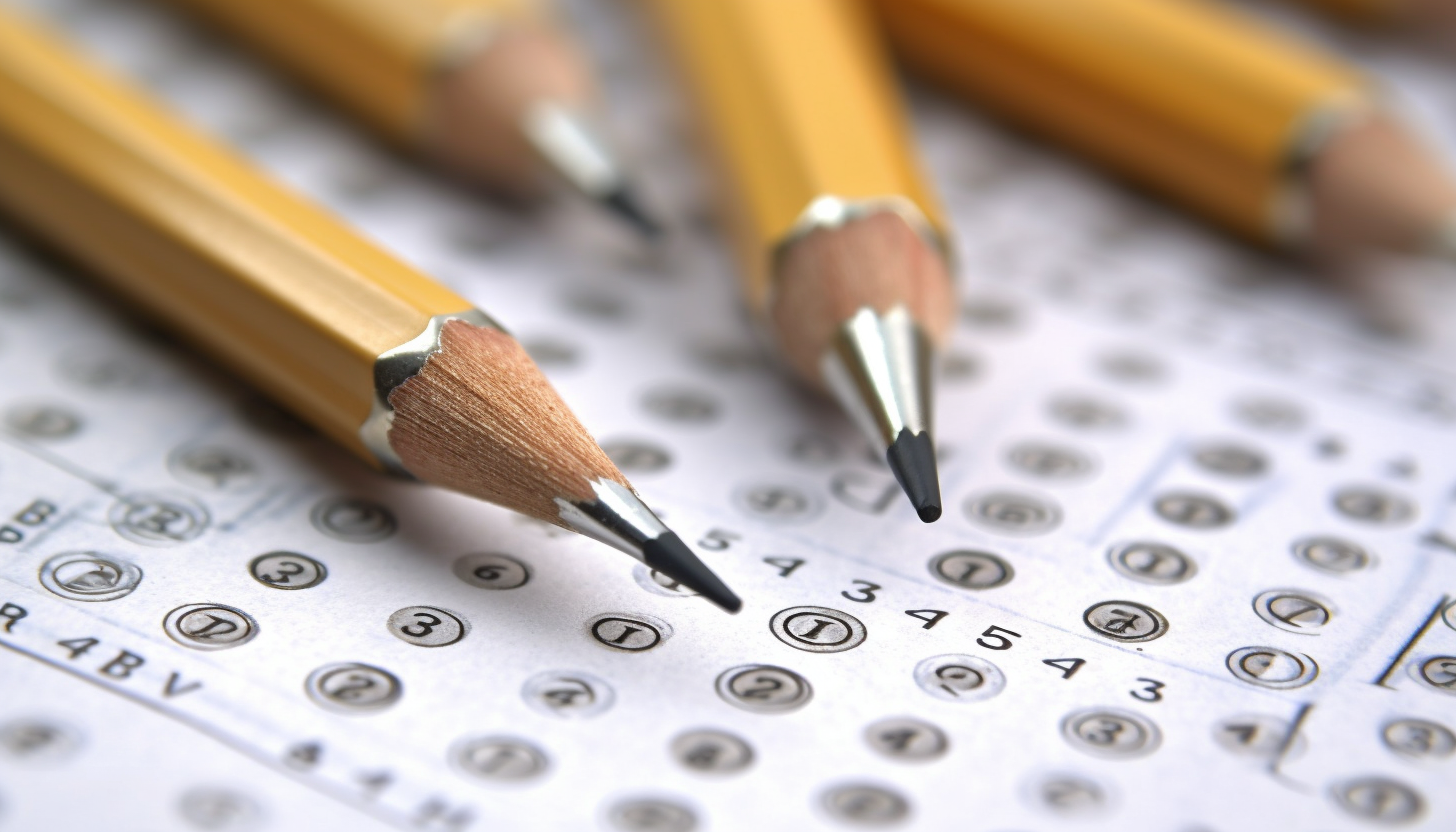P
May 28, 2023
Boosting Your High School GPA: Effective Methods for Improving Grades
#High School
#GPA
#Grades
#Academic Performance
#Effective Study Techniques
#Course Selection
#Time Management
#Strengths and Weaknesses
#Goals Setting
#Study Habits
#Academic Resilience
#Positive Mindset

high-school-gpa-thumbnail
Understanding Your High School GPA
Your high school grade point average (GPA) is a critical indicator of your academic performance and overall potential. It's a weighted average of your grades in academic subjects, and it's heavily considered by colleges and universities in the admissions process. If you're aiming for a high academic standing, then boosting your high school GPA is crucial. Understanding your current GPA and the factors that influence it is the first step in improving it. Your GPA is determined by the grades you receive in each subject, weighted by the number of credits you've taken in each subject. The grade you receive in a subject is determined by a variety of factors: the difficulty of the subject, your understanding of the material, and the quality of your work. The number of credits taken in a subject is another factor. For example, a grade of A in a one-credit course will carry more weight than a B in a four-credit course.
Effective Study Techniques
There are many effective study techniques that can help you boost your high school GPA. One of the first is to understand your strengths and weaknesses. Learning about your learning style and how you best process information can help you efficiently use your study time. Understanding your learning style can also help you to better communicate with your teachers and tutors, who can then tailor lessons to your needs. Another key strategy is to take a balanced approach to your course selection. Choosing a wide variety of courses can help you to develop your understanding of diverse subjects, and this can enrich your overall learning experience. Also, time management skills are vital for maintaining a high GPA. Managing your study time effectively can give you more time to focus on understanding the material and completing your assignments. Lastly, academic resilience is crucial. Learning how to overcome obstacles, whether they're academic or personal, can help you achieve your goals.
Effective Study Techniques: Course Selection
Choosing courses that complement each other is an essential part of boosting your high school GPA. Courses that cover different subjects can help you develop a broader understanding of the academic world. For example, taking a math course, a history course, and a language course can help you learn how math is used in history and how languages are related. Additionally, taking courses that challenge you can help you improve your understanding of the subject matter and raise your GPA. However, it's also important to take courses that you enjoy and are interested in. This can help motivate you to do your best and can also provide a break from the more challenging courses. It's also crucial to consider the amount of credits each course requires. Taking a one-credit course that's as rigorous as a four-credit course can significantly boost your GPA.
Time Management and Goal Setting
Time management is crucial for maintaining a high GPA. It's essential to plan your study time in advance, scheduling in breaks and time for other activities. This will help you avoid the stress of always feeling behind. It's also crucial to set realistic but challenging academic goals. These goals can help you track your progress and motivate you to keep improving. It's also critical to maintain a positive mindset when studying. Remember, a high GPA isn't just about grades, it's about your academic performance and the skills you've gained during high school. It's about how you learn, how you communicate, and how you've grown as a student. Remembering this can help you maintain a positive outlook, even when faced with challenging coursework.
Course Selection and Grading Policies
When choosing courses, it's also crucial to consider the grading policies of your school and your teachers. Some teachers may be more flexible with their grading policies than others, so it's important to understand the rules before you begin your classes. Additionally, the grading policies of different subjects can vary greatly. For example, many science courses may use a pass/fail grading system, while courses like English or math may use a letter or percentage-based system. In some cases, these policies may influence which courses you choose. For example, you may opt to take a challenging math class with a percentage-based grading policy rather than a less challenging math class with a letter-based grading policy. Overall, understanding your high school GPA and the factors that influence it is the first step in improving it. By adopting effective study techniques, course selection strategies, time management skills, and a positive mindset, you can boost your academic performance and reach your academic potential.


